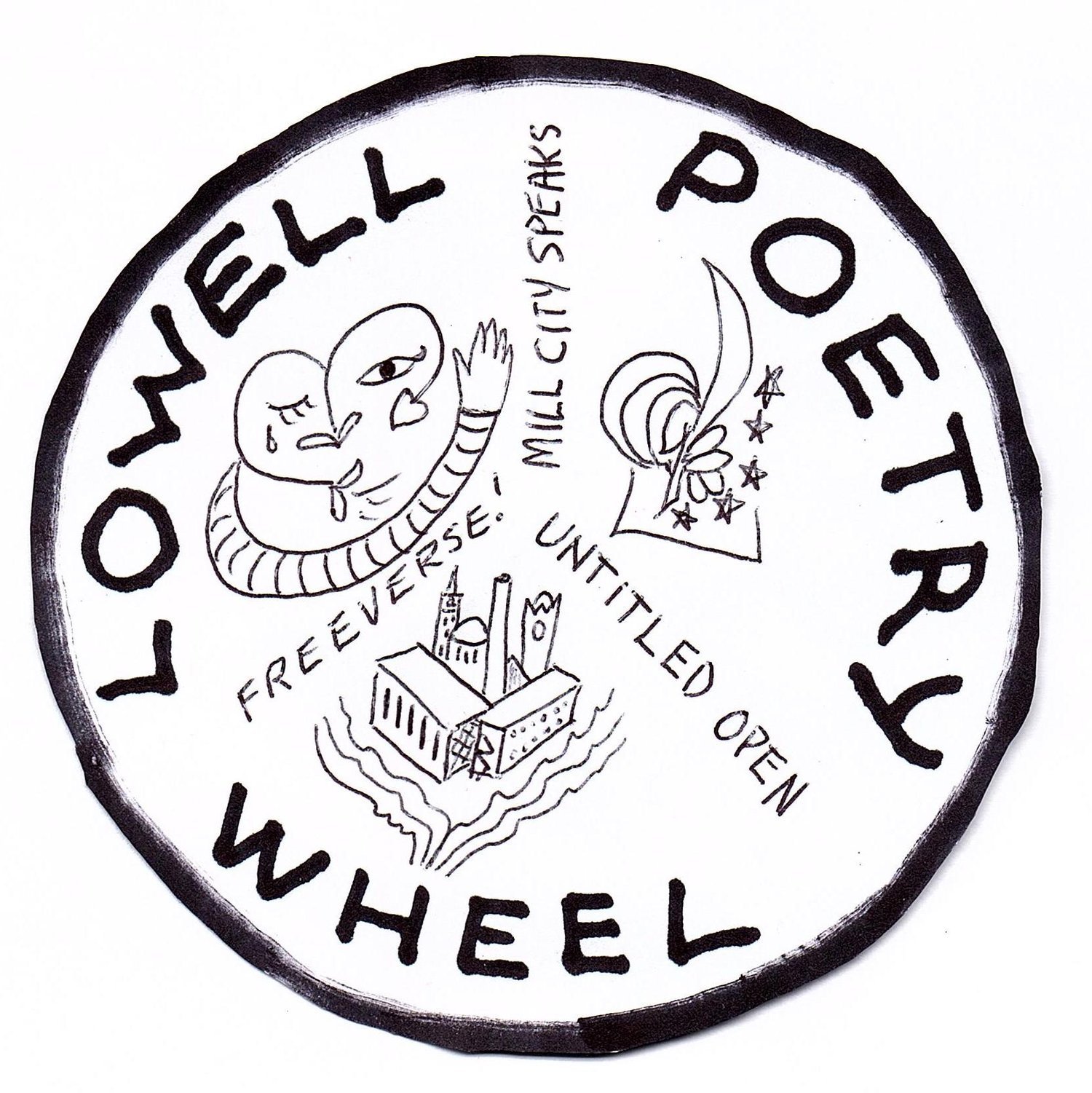July 2022 - Featured Artist - Paul Marion
Bio -
Paul Marion (b. 1954) is the author of several collections of poetry, including the recent Lockdown Letters and Union River. He edited the early writing of Jack Kerouac, Atop an Underwood, which also has been translated for French and Italian editions. His book Mill Power tells the story of the modern revival of Lowell, Mass., a model for revitalization of small industrial cities. His work has appeared in many literary journals and anthologies. With Dick Howe Jr., he co-edits The Lowell Review, an annual publication. He lives in Amesbury, Mass., with his wife Rosemary Noon, who is a partner with Paul in the small publishing company Loom Press.
Featured Piece #1- Memory Bank
I’M WAITING IN THE CAR for my wife to come out of the bank. For the next fifteen minutes, from
every direction people crisscross the parking lot, waving at the white-haired cop who keeps traffic
moving and cars from bumping one another. On the roof there’s an electronic sign with the time
and temperature alternating. If I didn’t know this place is about money and saw the mix of women
and men of different ages, as well as some kids, I might wonder what’s happening. Nobody appears
to take anything into the building; nobody looks as if he or she is carrying anything substantial out of
the building. A few persons exit with paper in their hands, putting slips in their pockets. Several of
them are eating pastry.
With my car window down, I hear what is being said in Greek, Khmer, Portuguese, French, and
Spanish by people walking past me. I’m pretty sure they speak English, too. If I didn’t know better,
this could be a language school, citizenship office, or a ticket counter for ethnic events. Maybe these
folks are trying to keep their native tongues, every Saturday going inside to say a few sentences to
language teachers who reply, “Good work” or “Practice more.”
It could be they are having their memories recorded or perhaps their dreams documented. Inside,
they report what they recall about the old country and their journey to America. I might be all
wrong. Maybe instead they describe a repeating nightmare, even reveal an explicit fantasy. A few of
them show notebooks with scribbles kept on the bedside table. A clerk in the building catalogs the
information and files it in a personal folder for future reference and later academic research.
It’s some kind of local Cultural Depository here at the corner of Central and Middlesex streets.
Inside, security cameras record them talking to the staff in low voices before helping themselves to
jelly donuts and coffee.
Featured Piece #2 - New Boston Cemetery
Weathered squares of slate tilted in the ground—
Shoved by drifts, or maybe mourners hammered dirt
Until the stones budged. My crew and I visited
The settlers buried by war, birthdays, colonial flu.
They were away, at the end of a slim path
Ringed by a gray rock wall and bent iron fence.
The cemetery was a peripheral place,
Like the miracle shrine with its plaster saint
Filling a glass-covered case at my school.
Bus after bus of Catholics had come to pray.
The pastor hung cast-off crutches at a side altar.
By our first grade, the polio scare had faded,
But my classmates and I drank the oral vaccine.
One limping redheaded older pal ran over us
In games of tackle-no-equipment football
At a leftover farmer’s field on Crosby Road,
And that visible evidence told much of
What we knew regarding pain and magic.

